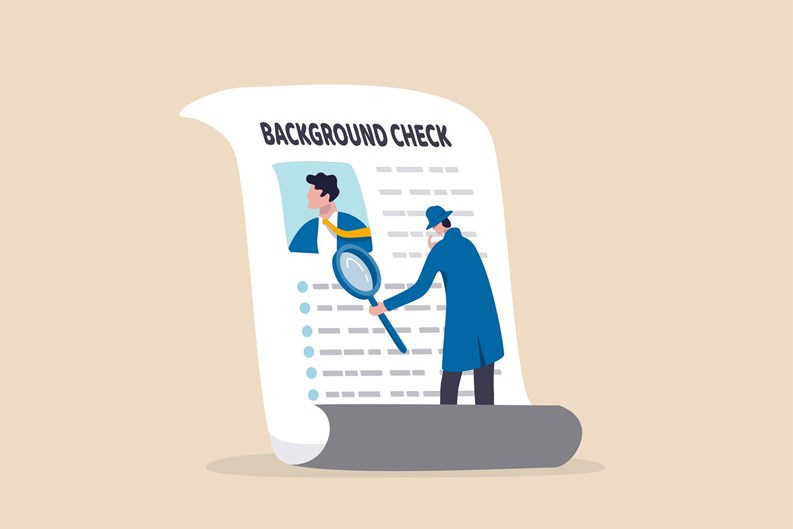Co-op boards once had near absolute power to reject applicants for purchase of shares for almost any reason. Over the years, the courts and New York City have narrowed that prerogative in an effort to curtail housing discrimination. Effective as of January 1, 2025, the NYC Fair Chance for Housing Act (Local Law 24 of 2024) narrows it further by limiting a board’s ability to run criminal background checks on prospective purchasers.
The new law is intended to prevent certain housing providers, including cooperatives and condominiums, from considering certain criminal convictions when assessing an application for the purchase of an apartment, unless a series of procedural steps are followed.
It's a Little Complicated
In the past, managing agents routinely performed criminal background checks on prospective purchasers on behalf of co-op and condo boards as part of the application process. “However,” says attorney Mark Hakim, a partner with Manhattan-based firm Schwartz Sladkus Reich Greenberg & Atlas, “the new law is clear that one may only consider criminal history after the applicant’s other qualifications have first been considered and the applicant has been approved, or a right of first refusal has been waived.
“Under the new law,” he continues, “a board may condition its approval or waiver on obtaining the background check and the results thereof. But they may then only reject an applicant based on a limited set of criminal convictions, also known as a ‘reviewable criminal history.’ A reviewable criminal history includes convictions that are listed on state or federal sex offense registries, misdemeanor convictions within three years of the date of release from incarceration or date of sentencing if no incarceration occurred, and felony convictions within five years of the date of release from incarceration, or date of sentencing if no incarceration occurred.”
Hakim explains further that a board may nonetheless reject an applicant if the applicant committed acts of physical violence against persons or property ‘on the premises’ of a property, or other acts which would adversely affect the health, safety or welfare of other residents. However, “A very important note,” he says, “is that a denial is prohibited if the conviction was sealed, expunged, pardoned, or otherwise nullified or vacated.”
The Process
“If it elects to perform a background check, the board must deliver a notice under the act regarding the law, and then only consider ordering a background search for the items it is permitted to review,” Hakim continues. “Once received, if the applicant is denied, the board must supply the applicant a copy of the report before issuing its denial, allowing the applicant to respond with not less than five business days’ notice.” Additionally, he notes that boards located within the City of New York are not generally required to provide any explanation for denying an application to purchase, but under LL94, they now must do exactly that—in writing—and explain why an applicant’s reviewable criminal history is relevant to the building’s legitimate business interest.
Words to the Wise
Any board that violates the law can face harsh consequences from the New York City Commission on Human Rights, including large civil penalties. So regardless of what boards may think of this new check on their ability to admit or reject prospective neighbors who’ve tangled with the criminal justice system, what they can’t do is ignore it—or be careless in their compliance.
According to Hakim, an important issue is that many of the companies that perform these very background checks do so by searching everything in the person’s history—not just their reviewable criminal history. “Thus,” he says, “a board may be aware of information that it is not legally permitted to consider. The new law creates a rebuttable presumption that the board relied on such extraneous information, which it would then have to disprove. That’s a tough burden if any action is brought.”
Local Law 94 should be a stark reminder to co-op and condo boards that they’re now required to be more transparent in their decision process when it comes to accepting or rejecting prospective buyers. The new law requires an immediate and fundamental change to the application and approval process, as well as the thinking and rationale of the board members reviewing an application. Boards and managing agents should familiarize themselves with the letter of the law, and consult their legal counsel about exactly how to proceed, should they wish to investigate an applicant’s criminal history. This understanding and guidance is key, because whether inadvertent or not, violation of LL94 can open up the parties to significant liability.










2 Comments
Leave a Comment